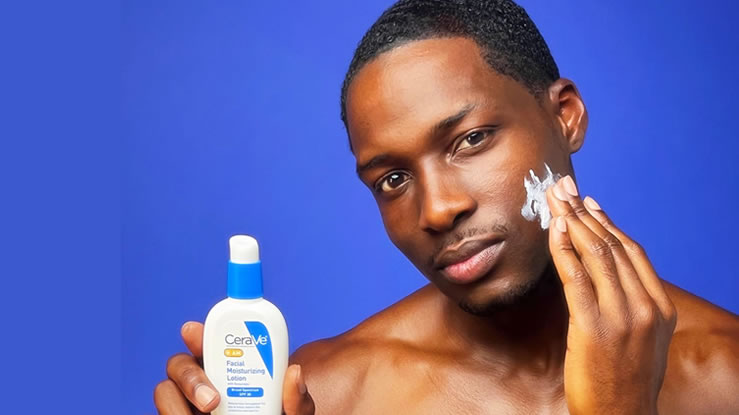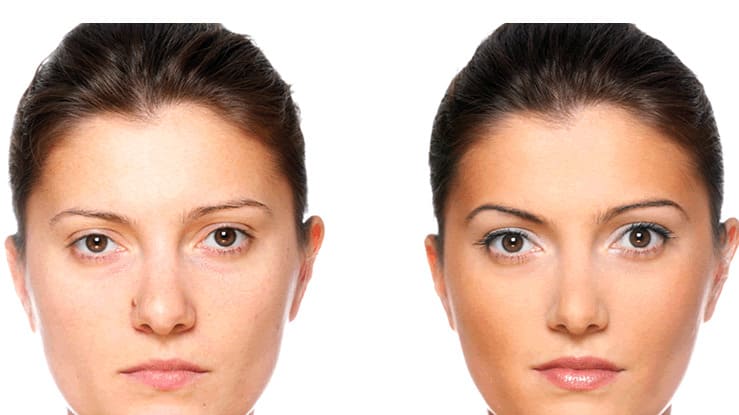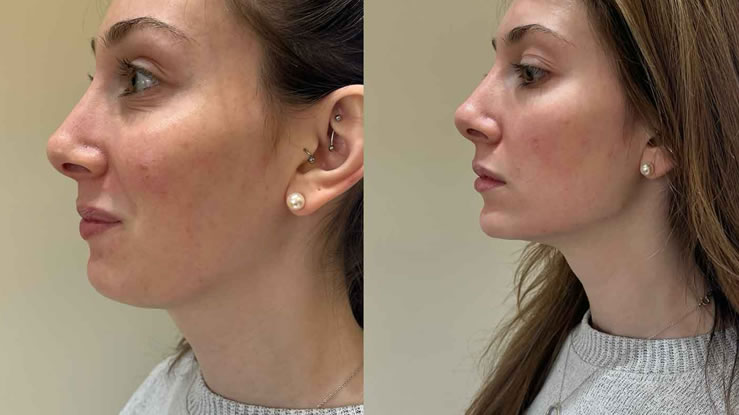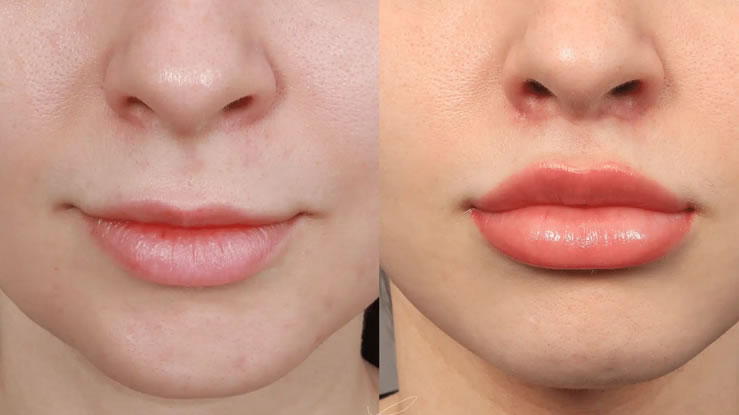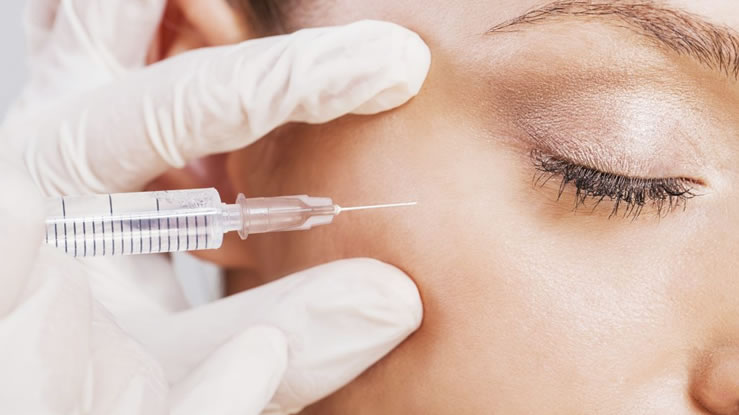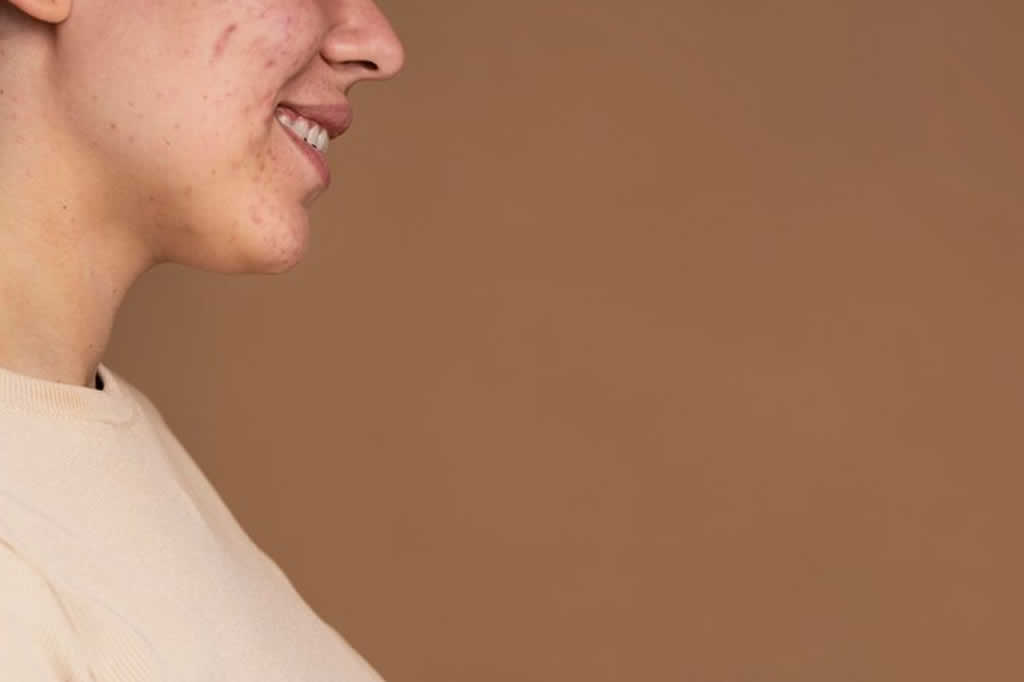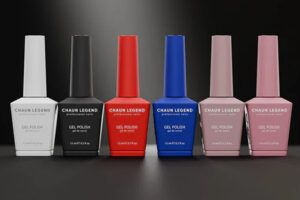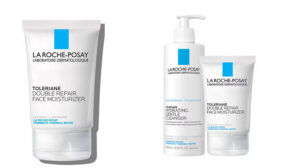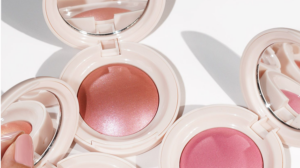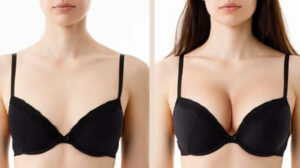Radiofrequency (RF) treatments are popular for skin tightening, contouring, and anti-aging effects. However, not everyone is a suitable candidate for RF treatment due to certain health conditions, skin sensitivities, and specific circumstances that may increase risks. Understanding who should avoid RF treatments helps ensure safe and effective results while minimizing potential complications.
1. Individuals with Metal Implants or Pacemakers
Radiofrequency technology can interfere with electronic implants, such as pacemakers, and may react with metal implants. Since RF treatments use electromagnetic waves that generate heat, they may cause metal to heat up, leading to discomfort, burns, or device malfunctions.
Avoid RF if: You have metal implants, a pacemaker, or any other electrical implant.
2. Pregnant or Nursing Women
RF treatments have not been extensively studied in pregnant or breastfeeding women, so most medical professionals advise avoiding these treatments as a precaution. The effects of RF on a fetus or breastfed child remain largely unknown.
Avoid RF if: You are currently pregnant or nursing.
3. People with Skin Infections or Open Wounds
RF treatments can worsen infections or lead to complications if used on areas with skin infections, rashes, or open wounds. The heat from RF can irritate inflamed skin, slow the healing process, and, in some cases, spread infection.
Avoid RF if: You have any skin infection, rash, or open wound in the area intended for treatment.
4. Those with Active Skin Conditions
Individuals with skin conditions like eczema, rosacea, psoriasis, or dermatitis may experience flare-ups or skin irritation from RF treatments. The heat from the treatment can aggravate these conditions and cause additional skin sensitivity.
Avoid RF if: You have active skin conditions that could be triggered by heat or pressure.
5. People with Autoimmune Disorders
Autoimmune diseases such as lupus, scleroderma, or rheumatoid arthritis can make skin more sensitive to heat and trauma, increasing the risk of adverse reactions to RF treatment. Additionally, some autoimmune disorders increase inflammation, making skin treatments less predictable.
Avoid RF if: You have an autoimmune disorder, especially one that affects skin or connective tissue.
6. Individuals Prone to Keloid Scarring
For those who develop keloids or hypertrophic scars easily, RF treatments may increase the risk of unwanted scarring. Keloid-prone skin can react to even minor skin trauma by forming raised scars, making RF treatments a potential risk.
Avoid RF if: You have a history of keloid or hypertrophic scarring.
7. People with Severe Acne or Recent Acne Treatments
If you have severe or cystic acne, the heat from RF treatments may worsen the condition by irritating active acne lesions. Additionally, people who have recently used acne treatments, especially isotretinoin (Accutane), should avoid RF treatments, as they may increase skin sensitivity and risk of burns.
Avoid RF if: You have active severe acne or have recently completed an isotretinoin treatment course.
8. Those with Skin Sensitivity or Allergies
People with highly sensitive skin or allergies to certain topical ingredients used in RF gels may experience redness, irritation, or an allergic reaction. Sensitive skin is also more prone to burns, discoloration, or other side effects from RF.
Avoid RF if: You have known skin allergies or high skin sensitivity that makes you prone to irritation.
9. Patients with Heart Conditions or Hypertension
RF treatments increase blood circulation in the treated area, which can affect individuals with heart conditions or high blood pressure. The added stress of increased circulation may be risky for some individuals with cardiovascular issues.
Avoid RF if: You have a heart condition, high blood pressure, or any cardiovascular disease.
Final Thoughts
RF treatments can be effective for many people, but they’re not suitable for everyone. If you fall under any of these categories, consult a dermatologist or healthcare provider before considering RF treatments to ensure your safety and explore alternative options for skin tightening or anti-aging results.
